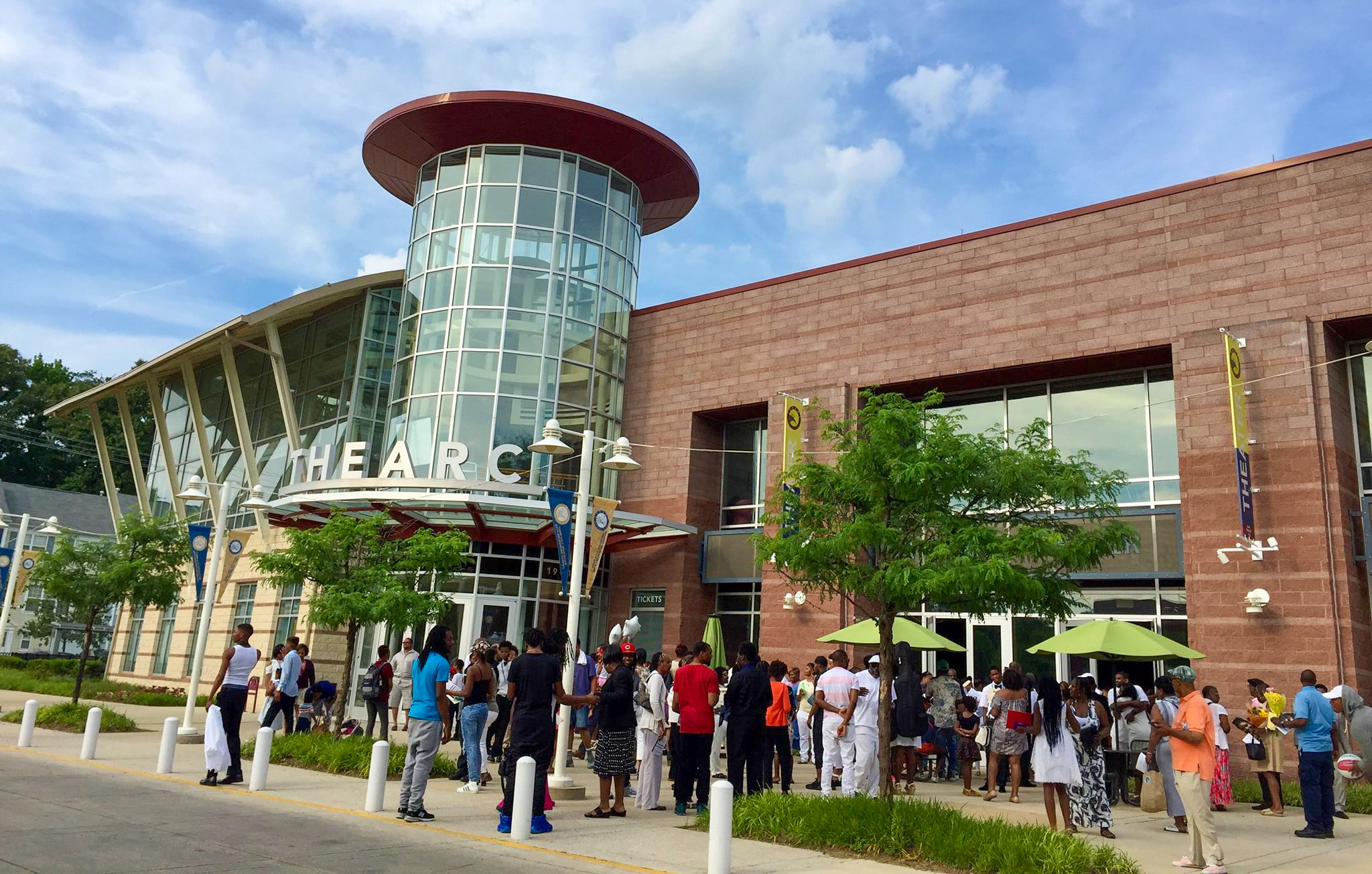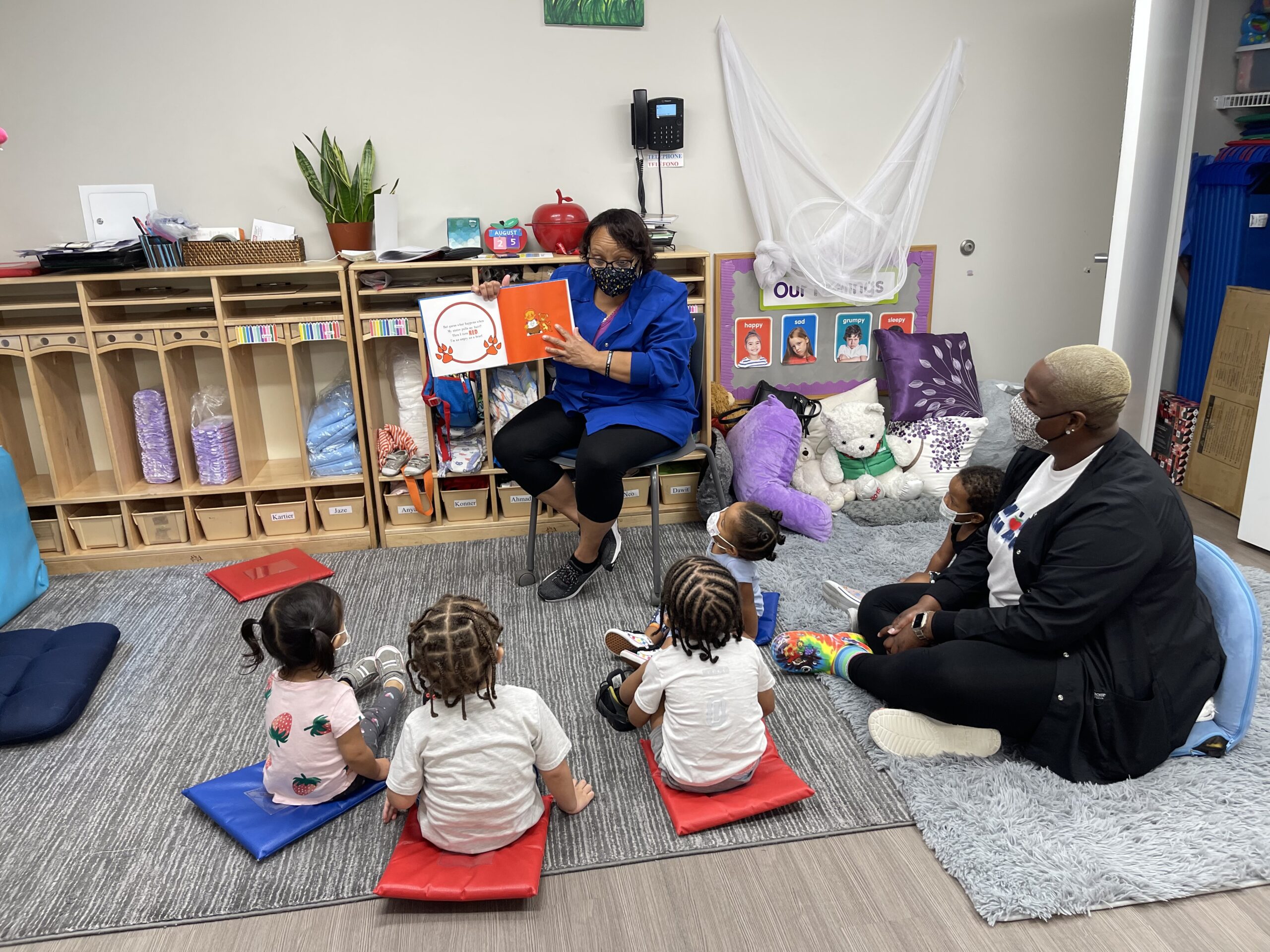Our Priorities
Our Priorities
Released in February 2023, the W8CED report summarizes the contributions of thousands of individuals, hundreds of hours of townhall sessions, and data and background from countless pages of raw source materials.
The report provides a detailed summary of the planning process. More importantly, it catalogs Ward 8 resident priorities across six inter-related domains:
- Economic Justice
- Education, Workforce Development and Employment
- Environmental Justice
- Family Support
- Health, Wellness and Safety
- Housing Justice
While the report is a critical milestone, it is only the first step toward a better future for Ward 8. W8CED is now working to continue the resident-led reform movement, through a Ward 8 Digital Collective that will bring residents together to learn, share, and push for change.
To access the report, click one of the buttons below , take a brief moment to tell us who you are, and we’ll send the report your way!
Ward 8 Resident Priorities Include:
Access to Capital: Create more varied and flexible capital products, including community- controlled investment opportunities, to support businesses at every stage of development.
Technical Assistance and Back-Office Support: Provide industry-specific, hands-on technical assistance and subsidized back-office support to local businesses.
Access to Real Estate: Expand opportunities for commercial real estate ownership, as well as more subsidized rental opportunities, such as co-work, incubator and maker spaces, with built-in back-office support, and provide technical assistance specifically for commercial lease negotiations.
Access to Public Resources: Ensure equitable access to D.C.’s public-sector resources for small businesses by continuing to target programs to Ward 7 and Ward 8 residents, particularly business owners and entrepreneurs who are native Washingtonians. Enhance accessibility through effective distribution of information, streamlined and coordinated grant application processes across agencies, and transparency on the location and race or ethnicity of the recipients of public-sector investment.
Access to Procurement: Expand access to market opportunities, including anchor initiatives that prioritize purchasing from Ward 8 small businesses, as well as federal and local procurement opportunities.
Public Safety and Transportation: Address public safety and transportation concerns that negatively impact small-business owners in Ward 8.
Ecosystem Building: Enhance the Ward 8 small-business ecosystem by coordinating and aligning technical assistance providers, CDFIs, banks, anchor institutions, and government agencies and officials.
Support Co-ops: Build a citywide co-op ecosystem, with support for a co-op hub in Ward 8, to launch and sustain cooperative businesses East of the River.
Access to Workforce: Promote access to workforce development resources for small business owners who want to support their employees’ professional growth.

Implementing resident priorities will require action by business, government, philanthropy, and especially Ward 8 residents. Aligned with residents’ priority on building a communication network connecting Ward 8 residents, Report outlines a new Digital Collective that will coordinate revitalization initiatives, hold stakeholders accountable for progress, and connect Ward 8 residents to social services, employment and commercial opportunities, and other community assets.

Funding support
Funding support for the planning process was provided by the Bainum Family Foundation. This includes engaging Enterprise Community Partners (Enterprise) and their mission-based consultancy, Enterprise Advisors, to support W8CED’s resident engagement, asset mapping, and planning. Additional funding was provided by the District of Columbia Primary Care Association, United Planning Organization, and the University of the District of Columbia.
District’s future

